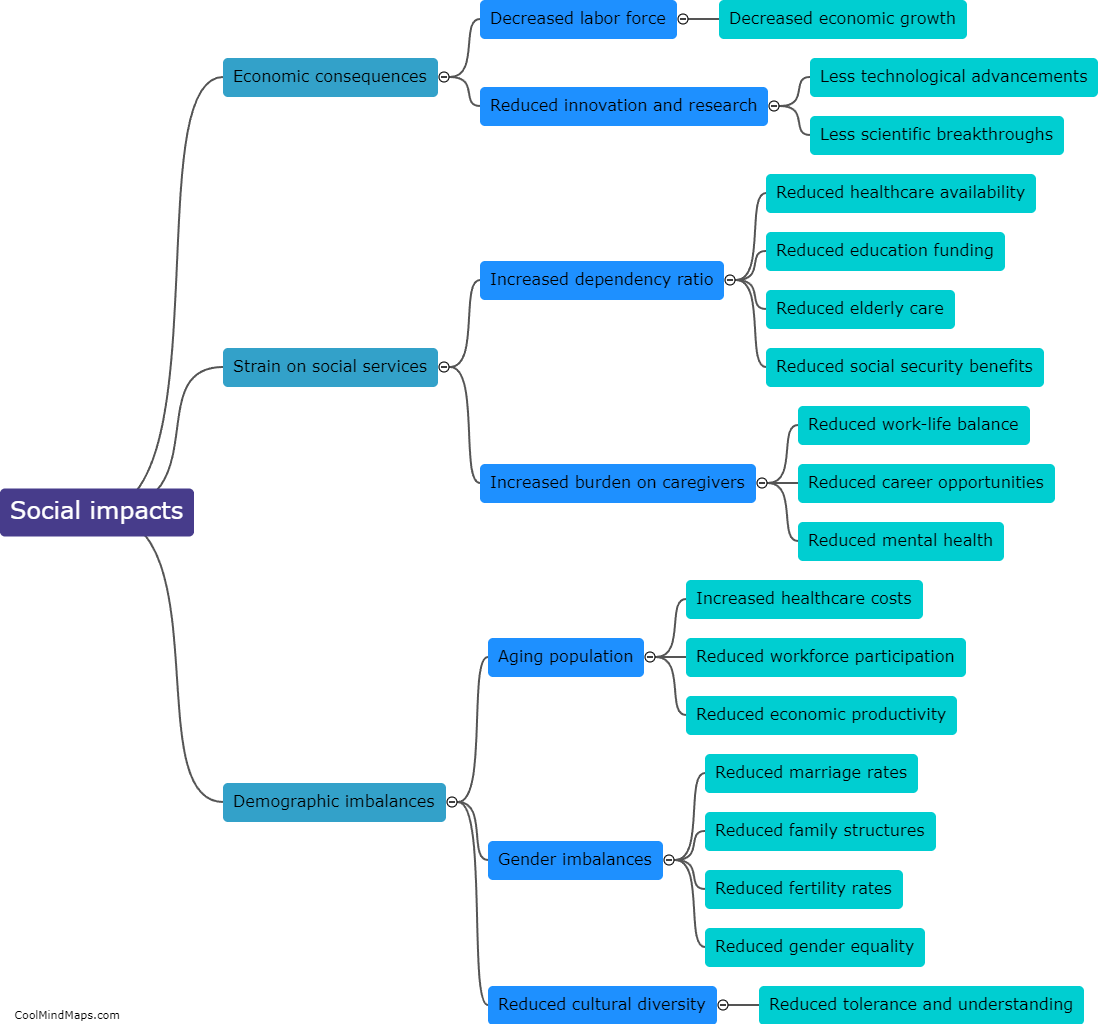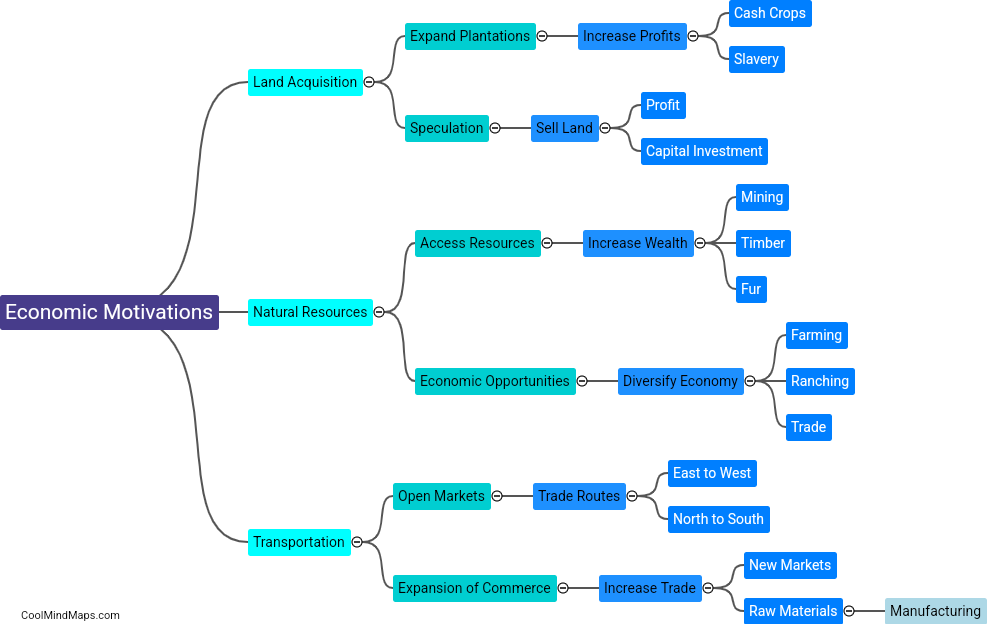What are the social impacts of underpopulation?
Underpopulation refers to a situation where the number of people in a given area is lower than what is considered optimal for the sustainable development and functioning of a society. It can result from various factors such as declining birth rates, emigration, or conflicts. The social impacts of underpopulation can be significant. One major consequence is a dwindling workforce, which can lead to labor shortages, reduced productivity, and a strained economy. A smaller population also impacts social services, as there may be insufficient funds to support healthcare, education, and welfare programs. Moreover, underpopulation can result in a decline in cultural diversity, as smaller communities may struggle to maintain their unique traditions and heritage. Additionally, the aging population becomes more prominent, placing a burden on healthcare systems and pension programs. Overall, underpopulation has wide-ranging social effects that necessitate careful planning and policies to mitigate the impact.

This mind map was published on 9 July 2023 and has been viewed 143 times.











